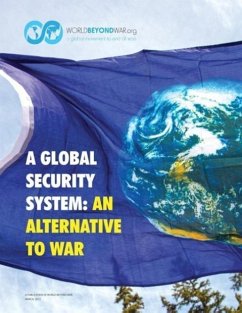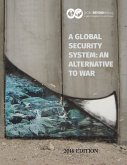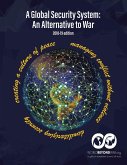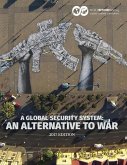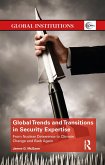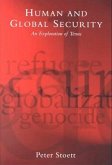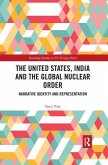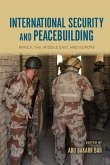Resting on a convincing body of evidence that violence is not a necessary component of conflict among states and between states and non-state actors, World Beyond War asserts that war itself can be ended. We humans have lived without war for most of our existence and most people live without war most of the time. Warfare arose about 6,000 years ago (less than 5% of our existence as Homo sapiens) and spawned a vicious cycle of warfare as peoples, fearing attack by militarized states found it necessary to imitate them and so began the cycle of violence that has culminated in the last 100 years in a condition of permawar. War now threatens to destroy civilization as weapons have become ever more destructive. However, in the last 150 years, revolutionary new knowledge and methods of nonviolent conflict management have been developing that lead us to assert that it is time to end warfare and that we can do so by mobilizing millions around a global effort.
Hinweis: Dieser Artikel kann nur an eine deutsche Lieferadresse ausgeliefert werden.
Hinweis: Dieser Artikel kann nur an eine deutsche Lieferadresse ausgeliefert werden.

